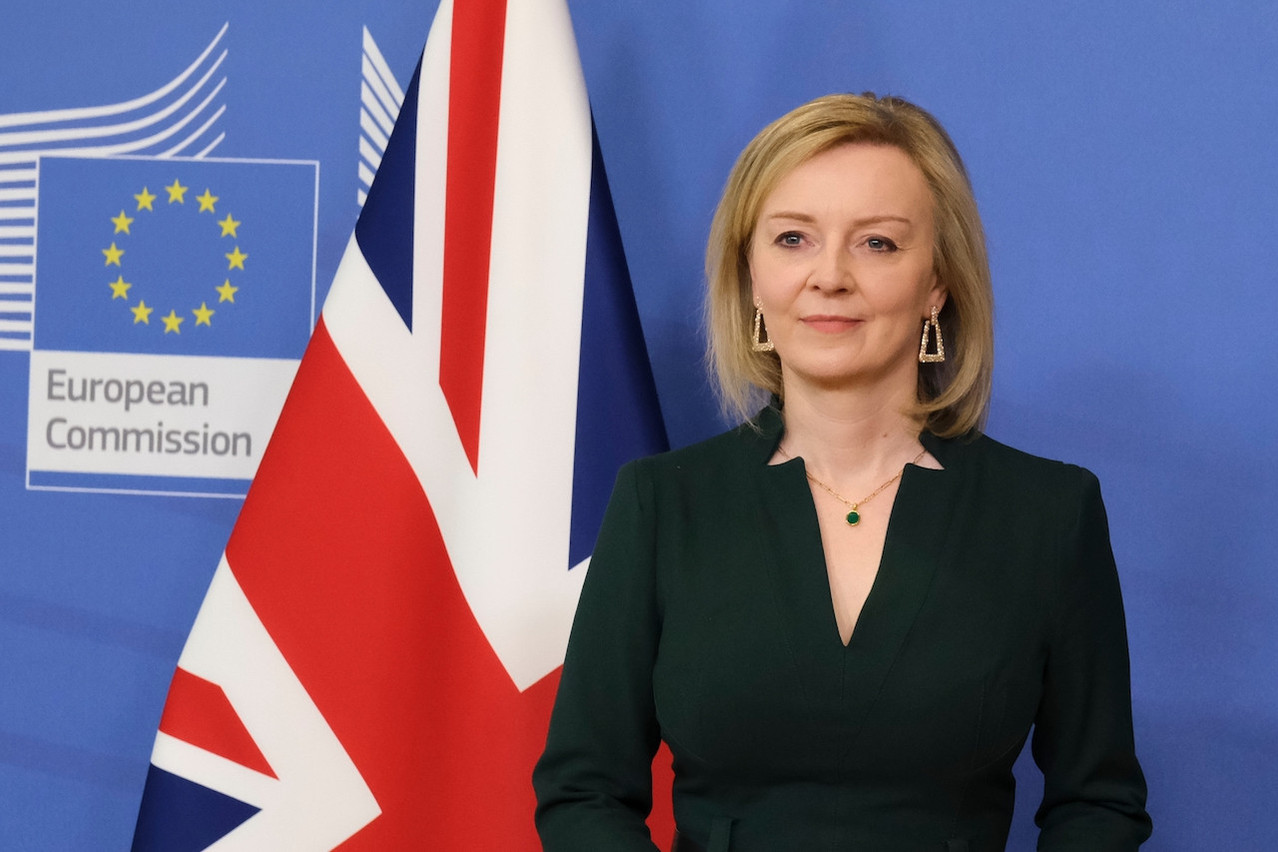After just 45 days in office, 10 Downing Street with the Conservative party and the UK in utter chaos. Even the efforts by the Conservatives to expedite the election of a new leader--who will next week become the third prime minister in just two months--will do little to assure ordinary voters in Britain that the country is being led by a party that has a solid and united strategy to steer it through the current energy and cost of living crisis, never mind the consequences on the economy of Brexit.
Six years on, that disastrous, and probably fraudulent, vote to leave the European Union has left a crushing legacy. The so-called “independence day”, as chief Brexiteer Nigel Farage called the 23 June 2016, has been an unmitigated disaster for the UK economy. Even the staunchly right-wing, Brexit-supporting Daily Telegraph admitted as much just a few days ago in a piece titled Project Fear Was Right All Along.
Ironically, Liz Truss was one of those who cited many of the concerns of Remainers during that bitter referendum campaign.
She argued back then that staying in the EU was in the country’s best economic interest. And she also recognised the cost to personal freedoms that Brexit would impose on the British people, her own offspring even. “I don't want my daughters to grow up in a world where they need a visa or permit to work in Europe...,” she famously said during the campaign.
But if the past ten days have shown, Truss is someone who can do a U-turn on just about anything. As a youngster making her first foray into politics, as a member of the Liberal Democrats, she even called for the abolition of the monarchy.
“Mental vacancy”
So, switching to a pro-Brexit stance was not that difficult. As The Guardian’s Rafael Behr wrote at the end of August, a week before she became prime minister, Truss would claim that “backing the wrong horse in the referendum taught her to discard orthodox economic thinking. That created a mental vacancy, which she filled with hardline Brexit dogmas.”
That deluded dogma even made it into her resignation speech. She said that the mini-budget she and her then chancellor Kwasi Kwarteng put together--the one that caused almost unprecedented damage to the British economy--had “set out a vision for a low-tax, high-growth economy that would take advantage of the freedoms of Brexit.”
The problem with believing that Brexit is an economic benefit is that politicians like Truss think they can defend any potentially damaging policy by claiming that it will work, if we just have faith. Anyone who questions their intentions is talking down the country and belongs to an “anti-growth” coalition.
Read also
Multiple challenges
The next prime minister will enter Downing Street with multiple challenges that must be dealt with instantly. Markets need reassuring that the UK economy is not headed for fiscal disaster. They will need to ensure that the most vulnerable in the country can survive the coming winter without having to choose between spending their dwindling incomes on heating or food. And they will have to try to unite an increasingly fractious Tory party.
The latter will be probably the most difficult, maybe impossible, and a stumbling block that has caused the downfall of four prime ministers since that Brexit vote. The new PM will have to convince MPs and the hardcore of party members who voted for Truss’s economic vision of low tax and low regulation, that the economic benefits of Brexit are an illusion. That repairing some sort of trade relationship with the EU is one of the few actionable policies that the UK can undertake to ensure its economy recovers.
